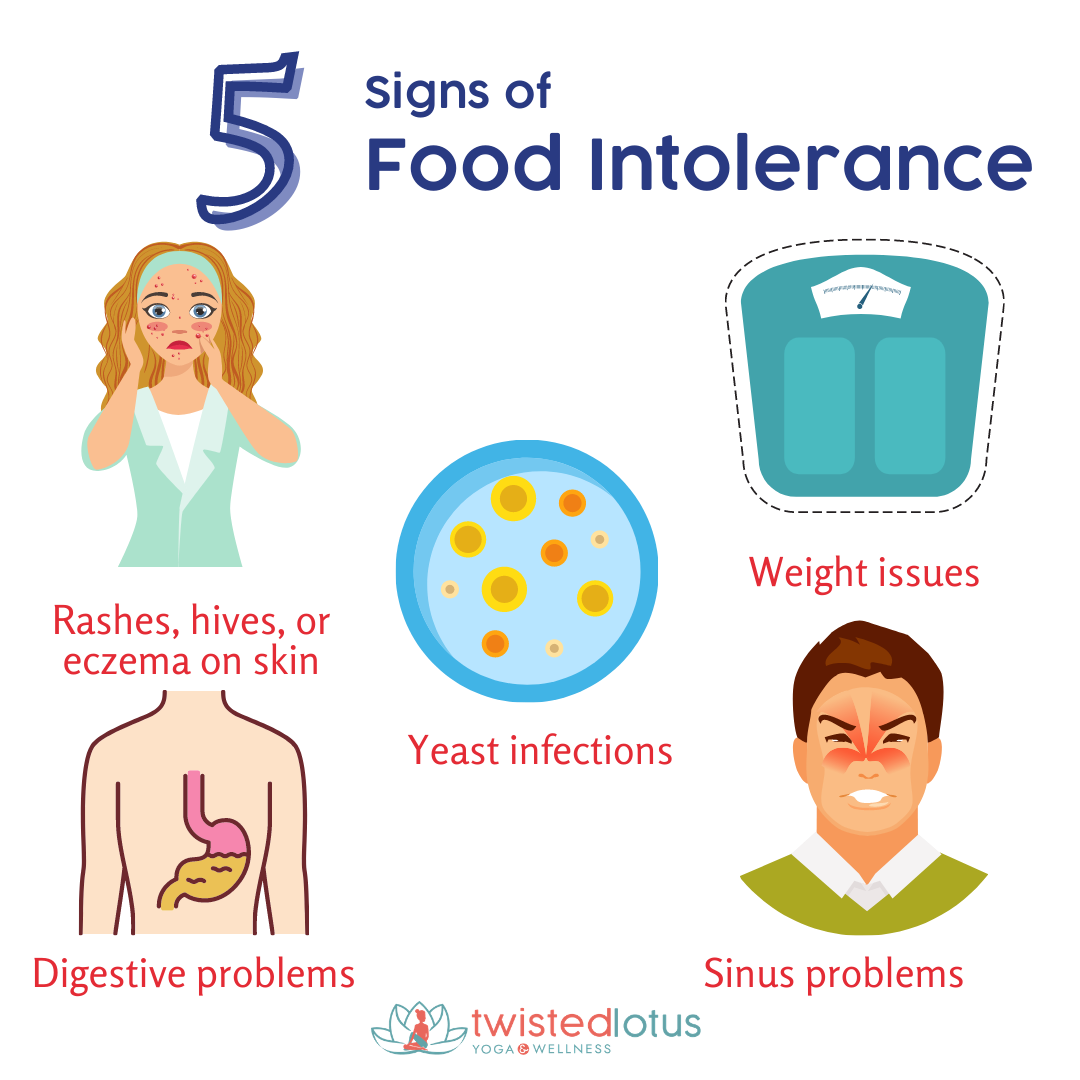Unlocking the Secrets of Food Intolerances: A Comprehensive Guide to Identifying and Managing Your Body’s Needs

Food intolerances are a common phenomenon that affects millions of people worldwide. Whether it’s lactose, gluten, or soy, many of us have experienced the unwelcome side effects of consuming certain foods. However, being aware of these intolerances can make a huge difference in our overall health and well-being. In this article, we’ll delve into the world of food intolerances, exploring what they are, how to identify them, and effective ways to manage them.
What are Food Intolerances?
Food intolerances, also known as food sensitivity or food hypersensitivity, refer to the body’s adverse reaction to specific foods or food groups. Unlike food allergies, which involve an immune system response, food intolerances are typically non-immune mediated and can be caused by various factors, including:
- Digestive enzyme deficiencies: Inability to break down certain nutrients, such as lactose or gluten.
- Genetic predisposition: Inherited traits that can affect digestion or nutrient metabolism.
- Environmental factors: Exposure to pesticides, heavy metals, or other pollutants that can disrupt gut health.
- Gut microbiome imbalance: An imbalance of beneficial bacteria in the gut, which can lead to impaired digestion and nutrient absorption.
Common Food Intolerances
Some of the most common food intolerances include:
- Lactose intolerance: Inability to digest lactose, a sugar found in milk and other dairy products.
- Gluten intolerance: Sensitivity to gluten, a protein found in wheat, barley, and rye.
- Soy intolerance: Reaction to soy, which can be caused by genetic predisposition or digestive enzyme deficiencies.
- Fructose malabsorption: Difficulty absorbing fructose, a sugar found in fruits, vegetables, and some sweeteners.
- Histamine intolerance: Sensitivity to histamine, a chemical found in fermented foods, wine, and certain medications.
Symptoms of Food Intolerances
Common symptoms of food intolerances include:

- Bloating and gas
- Abdominal pain and cramping
- Diarrhea or constipation
- Fatigue and lethargy
- Headaches and migraines
- Skin rashes and itching
- Joint pain and stiffness
How to Identify Food Intolerances
Identifying food intolerances requires a combination of self-examination, dietary changes, and medical testing. Here are some steps to help you identify the Culprit:
- Keep a food diary: Record your food intake, symptoms, and any potential triggers for several weeks.
- Eliminate common culprits: Try removing common allergenic foods from your diet, such as gluten, dairy, or soy, for 2-4 weeks.
- Re-introduce foods: Gradually introduce suspected foods back into your diet to observe any reactions.
- Get tested: Consider blood tests or stool tests to identify specific intolerances or enzyme deficiencies.
- Consult a healthcare professional: Discuss your symptoms and test results with a doctor, registered dietitian, or naturopathic practitioner.
Effective Ways to Manage Food Intolerances
Managing food intolerances requires a multi-faceted approach that incorporates dietary changes, stress reduction, and gut healing. Here are some effective ways to manage food intolerances:
- Dietary modifications: Adopt a balanced and varied diet that excludes problematic foods.
- Enzyme supplements: Take supplements that replace missing digestive enzymes, such as lactase or amylase.
- Probiotics: Consume probiotics to promote gut health and balance beneficial bacteria.
- Gut-healing diets: Follow gut-healing diets, such as the FODMAP diet, to reduce inflammation and promote healing.
- Stress reduction: Engage in stress-reducing activities, such as meditation, yoga, or deep breathing exercises.
- Gut-chroma tests: Consider chroma tests, which analyze gut health and provide personalized recommendations.
Conclusion
Food intolerances are a common phenomenon that can significantly impact our health and well-being. By understanding the causes, symptoms, and effective ways to manage food intolerances, we can take control of our diet and promote optimal gut health. Remember, identifying and managing food intolerances is a process that requires patience, self-awareness, and support. Take the first step today by reading the comments and sharing this article with those who may benefit from it.
Call-to-Action
Share this article with your friends, family, and social networks to raise awareness about food intolerances and the importance of gut health. Have you experienced food intolerances? Share your story in the comments below, and let’s work together to promote a healthy and empowered community.
Feel free to share this article on your social media channels: Facebook, Twitter, Instagram, Pinterest, Tumblr, Reddit, LinkedIn, and WhatsApp


